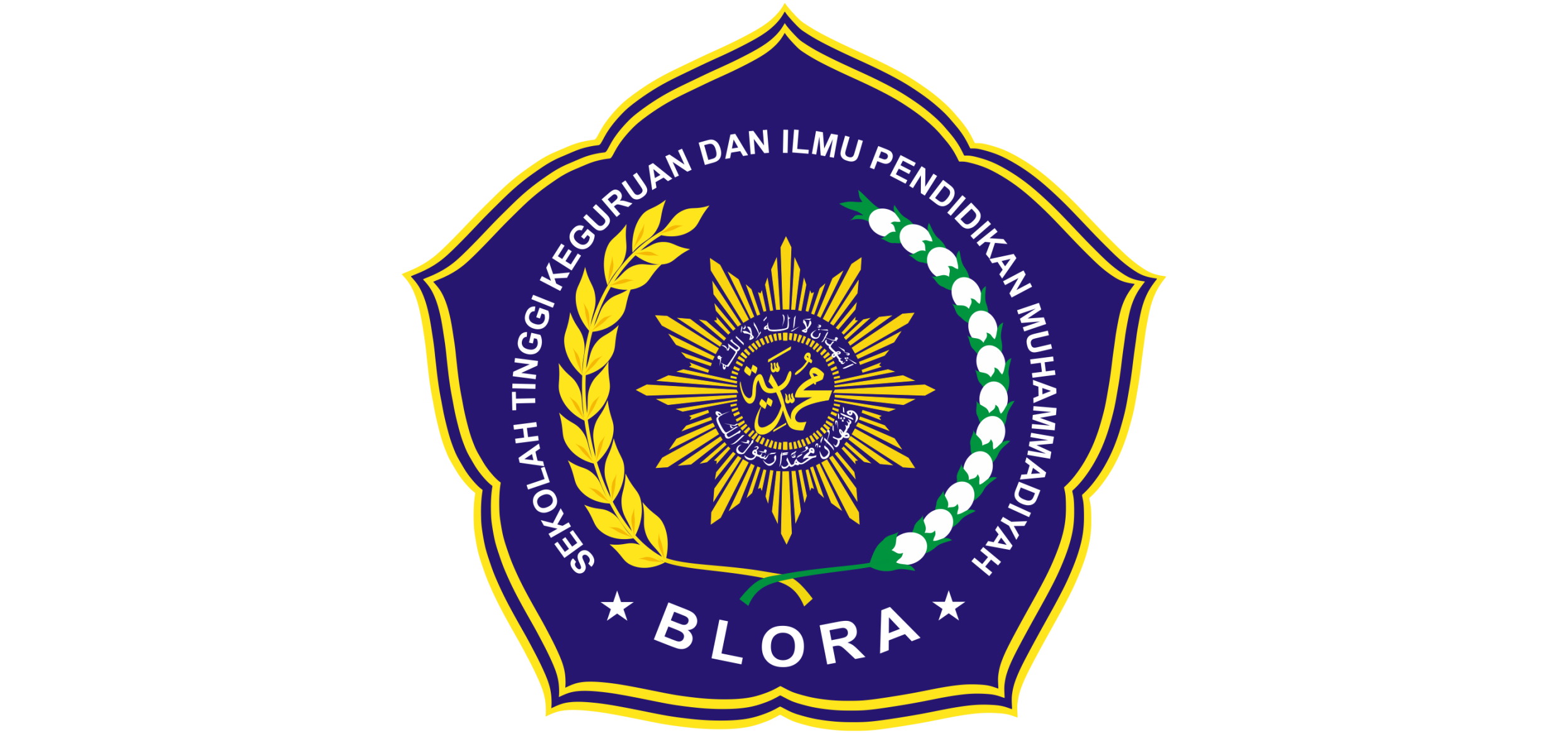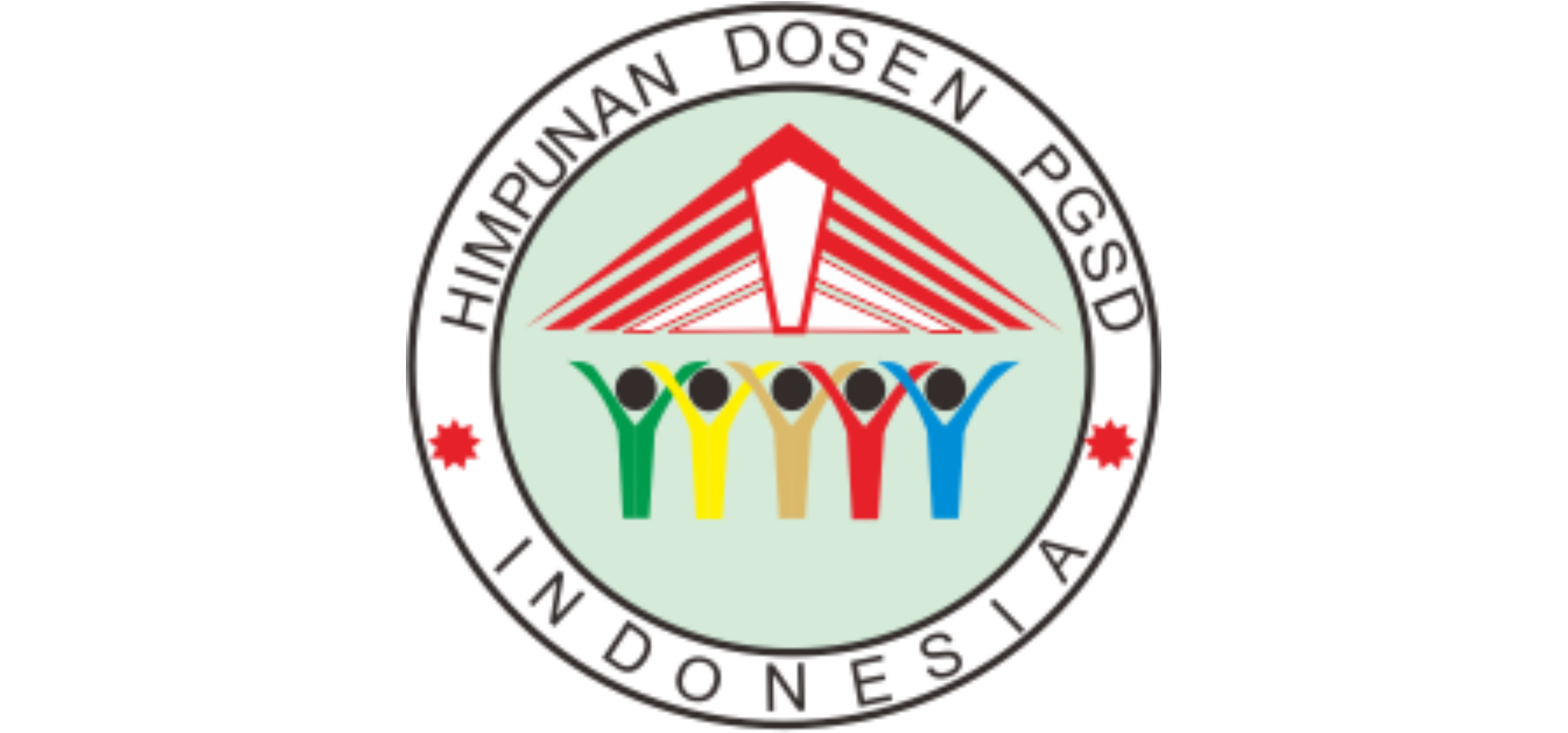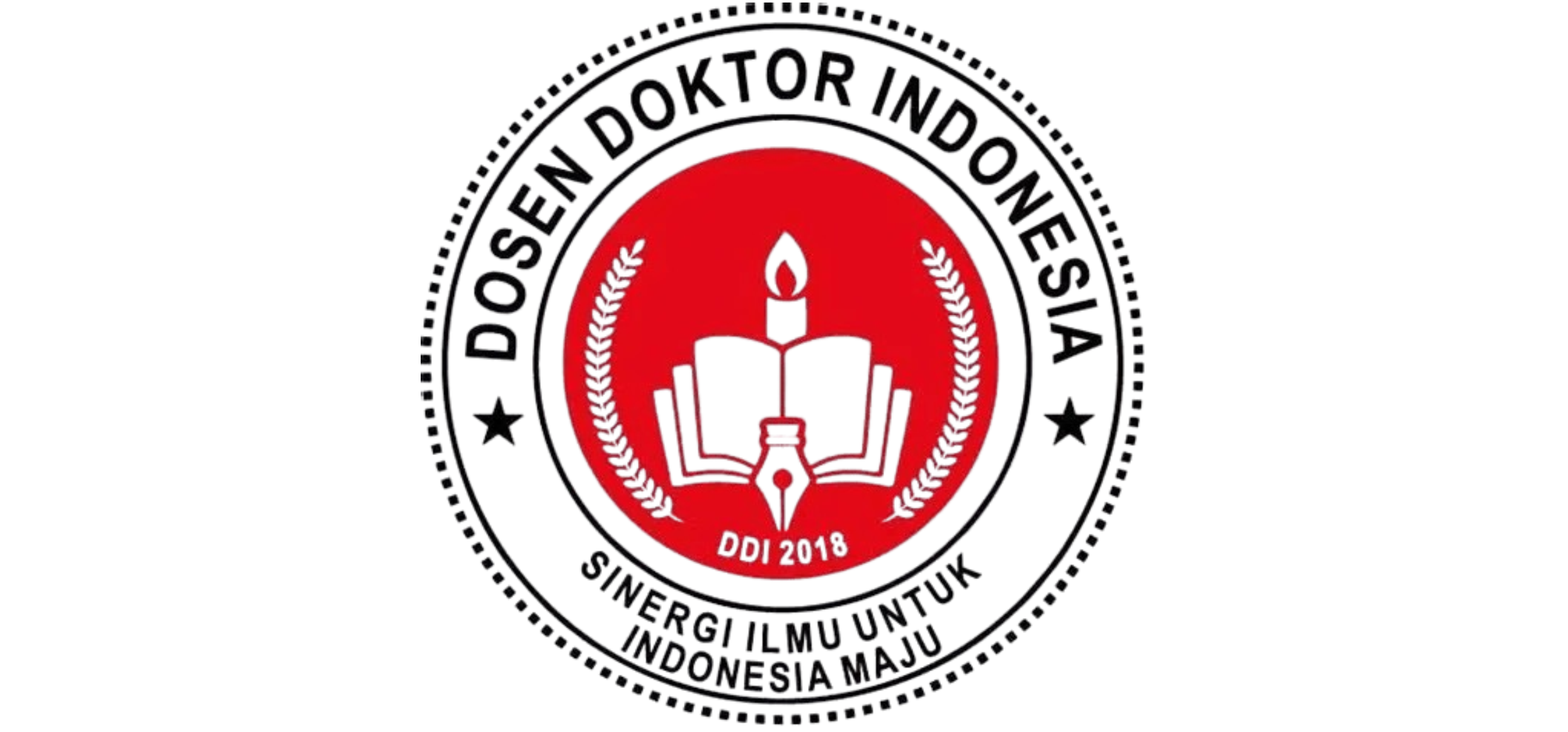Evaluasi Terhadap Intervensi Sekolah Luar Biasa Beringin Bhakti dalam Penanganan Anak dengan Intellectual Disabilities
DOI:
https://doi.org/10.70152/genfabet.v1i1.11Keywords:
Intellectual disabilities, Evaluation, Special schoolArticle Metrics
Abstract
This research was conducted at the Beringin Bhakti Special Needs School (SLB) with the aim of evaluating the role of the school in serving children with mental retardation or intellectual disabilities as well as identifying collaboration between the school and parents in the service process. This research is entitled "Evaluation of the Beringin Bhakti Special School Intervention in Handling Children with Intellectual Disabilities". The main questions asked in this research include the role of Beringin Bhakti SLB in supporting children with intellectual disabilities, the form of collaboration between the school and parents, and the obstacles faced in serving these children. The research method used was descriptive qualitative with purposive sampling. The research sample consisted of 5 respondents. Data was collected through observation, in-depth interviews and documentation. The research results show that SLB Beringin Bhakti plays an important role in providing basic education, identifying and honing the abilities of students with intellectual disabilities. Collaboration between schools and parents is realized through the exchange of ideas and information aimed at supporting children's development. In addition, this research identified three main obstacles faced by mentally retarded children, namely internal difficulties, learning problems, adjustment problems, and teacher problems. To overcome these obstacles, research suggests providing appropriate learning services and creating appropriate and supportive learning environments. Close collaboration between schools and parents is considered very important in increasing the effectiveness of education and helping to overcome the various obstacles faced. Beringin Bhakti SLB plays a significant role in supporting children with intellectual disabilities through a holistic educational approach and strong collaboration with parents. It is hoped that the results of this research will provide valuable insight for educational practitioners and policy makers in formulating better strategies and free educational services to address the needs of children with intellectual disabilities, as well as encourage the implementation of more effective and inclusive approaches in special education.
References
Amin, M., & Rahardjo, A. B. (2023). Penguatan Religiusitas Anak Berkebutuhan Khusus (Tunagrahita) di Sekolah Umum Formal. DWIJA CENDEKIA: Jurnal Riset Pedagogik, 7(2), 650–659. https://doi.org/10.20961/jdc.v7i2.75363
Cahyusuf, O., & Avivudin, M. A. (2019). Peran Sekolah Luar Biasa PSM Takeran Dalam Menangani Anak Tunagrahita Di Kabupaten Magetan. Eduscotech, 1(1), 1–9. https://journal.udn.ac.id/index.php/eduscotech/article/view/38/21
Juntak, J. N. S., Rynaldi, A., Sukmawati, E., Arafah, M., & Sukomardojo, T. (2023). Mewujudkan Pendidikan Untuk Semua: Studi Implementasi Pendidikan Inklusif di Indonesia. Jurnal Birokrasi & Pemerintahan Daerah, 5(2), 205–214. https://doi.org/10.15575/jbpd.v5i2.26904
Khadijah, I., & Puspita, A. (2023). Reformasi Paradigma Pendidikan: Menuju Pendidikan Merata dan Bermutu. SHIBYAN: Jurnal Pendidikan Guru Madrasah Ibtidaiyah, 1(1), 39–48. https://doi.org/10.30999/shibyan.v1i1.2755
Mulyah, S., & Khoiri, Q. (2023). Kebijakan Pemerintah Terhadap Pendidikan Islam. Journal on Education, 5(3), 8270–8280. https://doi.org/10.36671/andragogi.v2i2.105
Mangunsong, F. 2009. Psikologi dan Pendidikan Anak Berkebutuhan Khusus. Depok: LPSP3 UI.
Ormrod, J. E. 2008. Psikologi Pendidikan Jilid 1. Terjemahan oleh Wahyu Indianti. 2009. Jakarta: Erlangga
Rahim, A., Almadani, H. A., Ramadhan, D., Jannah, I. I., & Sakinah, N. (2024). Penyuluhan Tentang Kewenangan Pemerinth dalam Pengembangan Pendidikan Berdasarkan Undang-Undang No. 20 Tahun 2003 di Yayasan Perkasa Karunia Luhur Tangerang. Jurnal Abdimas Bina Bangsa, 5(2), 885–896. https://doi.org/10.46306/jabb.v5i2
Rahma, A. N. (2023). Optimalisasi Manajemen dalam Penerapan Inklusi Pendidikan di Sekolah Dasar. JME Jurnal Management Education, 1(1), 27–37. https://doi.org/10.59561/jme.v1i01.62
Sukaca. (2022). Peran Sekolah Luar Biasa Negeri Malinau Dalam Menangani Peserta Didik Tunagrahita Di Kabupaten Malinau. ACADEMIA: Jurnal Inovasi Riset Akademik, 2(2), 82–89. https://doi.org/10.51878/academia.v2i2.1276
Wahyudin, A., & Zohriah, A. (2023). Ruang Lingkup Manajemen Pendidikan. Journal on Education, 6(1), 3822–3835. https://doi.org/10.47467/jdi.v5i3.4081
Zulfikar, H., & Solikhah, N. (2024). Penerapan Konsep Arsitektur Empati Dalam Mengintegrasikan Fasilitas Terapi Dan Pendidikan Bagi Penyandang Down Syndrome, Jakarta Utara. Jurnal Sains, Teknologi, Urban, Perancangan, Arsitektur (Stupa), 6(1), 361–372. https://doi.org/10.24912/stupa.v6i1.27193
Downloads
Published
How to Cite
Issue
Section
License
Copyright (c) 2024 Siti Musyarrofah, Ayu Anggraeni, Afifah Nur Irfani, Zakiyah Ismuwardani

This work is licensed under a Creative Commons Attribution-ShareAlike 4.0 International License.
Copyright for this article is held by authors under the Creative Commons Attribution-ShareAlike 4.0 International (CC BY-SA 4.0). The article may be used, shared, and adapted for any purpose with proper attribution and distribution under the same license. Full license details: https://creativecommons.org/licenses/by-sa/4.0/












